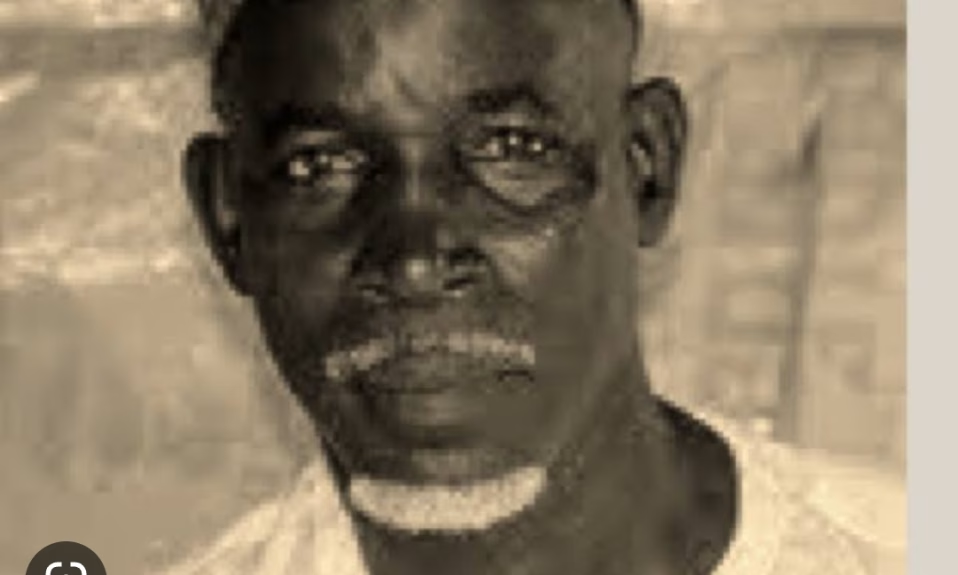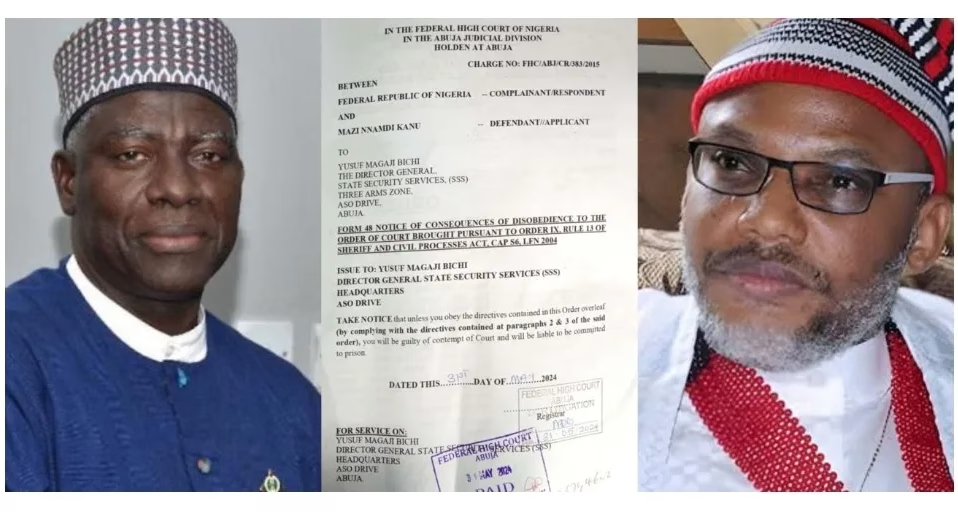Azikiwe wanted to use Altine’s story, or his entry into Enugu politics, to teach a lesson and tell the story of a Nigeria that could only grow, and prominently too, without ethnic, religious or tribal divides.
By Femi Kehinde
Benjamin Cardozo, an American jurist and philosopher, has said, “history, in illuminating the past, illuminates the present and in illuminating the present, illuminates the future.”
The story of Nigeria is a deep, intriguing and enchanting metaphor. Its glorious past sharply contradicts its current political conundrum. A Fulani man from Sifawa in the Sokoto Caliphate, Mallam Umaru Altine, was elected as the first mayor of the city of Enugu, the heart land and heart beat of the Igbo nation, in 1952. He was in office till 1958.
Enugu is the capital of the old Eastern Region of Nigeria.
Umaru Altine was a product of Dr. Azikiwe’s political nationalistic and cosmopolitan outlook. He was a pan-Nigerian. His faith in one Nigeria was unshakable and unquestionable. He was Altine’s guide, pathfinder and mentor.
Umaru Altine, a cattle dealer, had left the Sokoto province to sojourn in Enugu. There he married an Igbo Lady, Esther, and was president of the Enugu branch of the youth wing of the National Council of Nigeria and the Cameroons (NCNC). He was a completely detribalised Nigerian.
As a descendant of Uthman Dan Fodio, Altine could have equally emerged as Sultan of Sokoto, one day, but he preferred the life of trading, travel and adventure. He had earlier joined the Army and worked briefly with the Railways.
He had also played politics in the Tambuwal District of the Sokoto Province, before his eventual sojourn in the coal city of Enugu. He was handsome, always dressed impeccably and had a magnetic aura.
In 1956, a group in the NCNC had also presented D.T Inyang as a candidate to run against Altine, in the election to the Municipal Council. Inyang was easily trounced by Altine to continue in office as mayor of Enugu Municipal Council. Interestingly, he won re-election as an independent candidate. He was also, at that time, still very close to the Sultan Sadiq Abubakar of Sokoto, who went on to reign for 50 years (1938 to 1988). Umaru Altine had grown up in the Sultan’s Palace.
On November 10, 1956, Umaru Altine was elected as president of the NCNC branch in Enugu without any opposition. He was in office, comfortably and confidently, until 1958.
In Enugu, he went to church, when his duties as mayor demanded this, and he also went to do the kick off at stadia as mayor, whenever invited.
Without losing his identity, he smoked, loved the native Igbo Nsala Soup with fresh fish, and according to his wife, Esther, he had a high sense of personal hygiene and good command of English, Fulfude, Hausa and Igbo languages.
Umaru Altine’s feats would have been unattainable, but for the encouragement and supports of the NCNC leader, Dr. Nnamdi Azikiwe, who was a consummate politician, and a cosmopolitan and urbane pan-Nigerian.
Azikiwe wanted to use Altine’s story, or his entry into Enugu politics, to teach a lesson and tell the story of a Nigeria that could only grow, and prominently too, without ethnic, religious or tribal divides. At a time Obafemi Awolowo called Nigeria “a mere geographical expression”, while Sir Ahmadu Bello called the country, “a mistake of 1914.”
a street was named after the late mayor somewhere in the coal camp in the city of Enugu during the First Republic.” not just that Agu Gab, as chairman of Enugu North Local Government, invited the Umaru Altine family to Enugu in 2004, to celebrate the achievements of their late father.
Zik an active member of the Nigerian Youth Movement (NYM), the foremost nationalist organisation in the country then, supported Adeniran Akisanya, as the NYM candidate, for a vacant seat in the Legislative Council in 1941, which had been vacated by Sir Kofo Abayomi, who resigned.
The leadership of the NYM had supported Ernest Ikoli, an Ijaw man, to succeed their former president, Kofoworola Abayomi. Azikiwe, disappointed by this choice, resigned his membership of the NYM and accussed the leadership of disdain for the Ijebu members.
Shockingly” Obafemi Awolowo, Samuel Ladoke Akintola and a host of others supported Ernest Ikoli, against the choice of Adeniran Akisanya by Dr. Azikiwe.
Akisanya, bemoaning his subsequent loss, described Awolowo and Akintola as “misguided.
Zik became a co-founder of the NCNC in 1944 and its secretary general in 1946, with Dr. Herbert Macauley as the president.
The militants in the Zikist Youth Movement, as led by Osita Agwuina, were Raji Abdala, Kolawole Balogun, M.C.K Ajuluchukwu and Abiodun Aloba, whose pen name was Ebenezer Williams.





